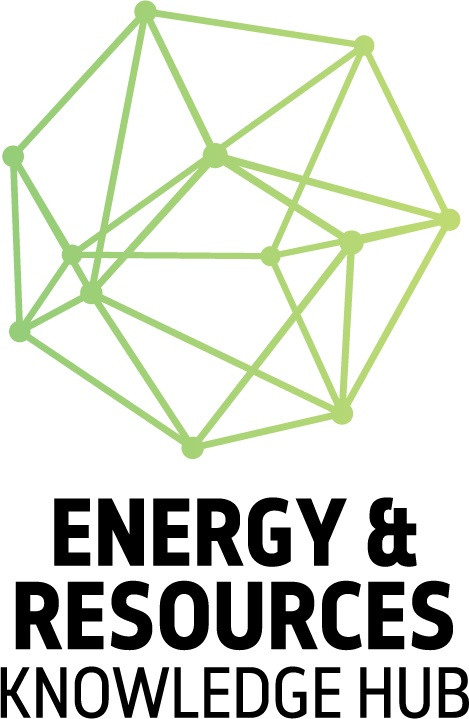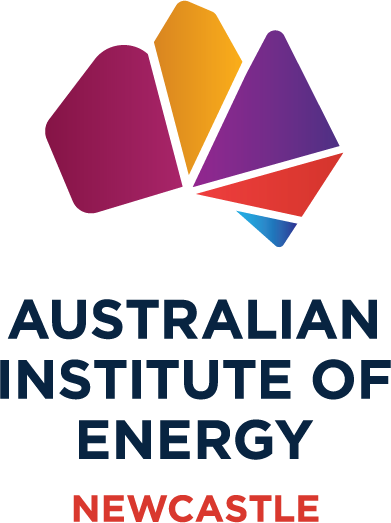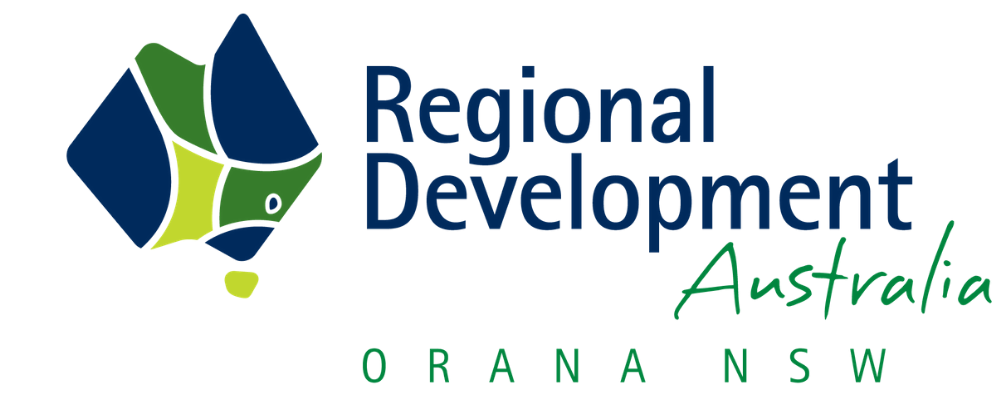Jemena to lead collaborative hydrogen compatibility study of Eastern Gas Pipeline (EGP)
Scheduled to commence in April 2024, the testing of the EGP pipeline aims to assess its suitability for transporting hydrogen, whether in its pure form or blended with natural gas.

Leading energy infrastructure company Jemena has partnered with the University of Wollongong and GPA Engineering to conduct a hydrogen compatibility study focusing on Jemena’s Eastern Gas Pipeline (EGP).
The study will involve a combination of laboratory testing and engineering evaluations to gain insights into the behaviour of the EGP line pipe material under various conditions.
"This study will help us to better understand the role that existing high pressure gas transmission pipelines will play in the hydrogen industry of the future," said Sean Ward, Jemena's General Manager for Asset Management in Gas Markets.
"We want to play a key role in supporting Australia’s transition to a low-carbon future and believe hydrogen could have an important part to play in the future energy mix."
“By repurposing existing gas infrastructure, we can use what we have today to build the net-zero energy system of the future, helping lower the costs involved with the energy transition”.
Jemena is a national leader in renewable gases, having built one of the first power-to-gas trials to inject hydrogen into the gas distribution network and Australia’s first GreenPower accredited biomethane facility.
Josh Wickham, representing GPA Engineering, stressed the necessity of converting existing pipeline infrastructure for hydrogen transmission safely and efficiently. With expertise in similar hydrogen pipeline studies, GPA Engineering is contributing to the development of industry standards in this area.
Bradley Davis, Manager of the H2SAFE(TI) Lab at the University of Wollongong, highlighted the university's unique capability to test steels in a high-pressure hydrogen gas environment.
“Qualifying pipelines for hydrogen service requires testing and analysis that go beyond the conventional methods used for natural gas."
“When exposed to hydrogen, pipeline steels can see large changes in their ability to resist fracture initiation and crack growth. However, when quantified, these changes can be used by designers to review and, where needed, alter the pipeline’s operating conditions to maintain high levels of safety," Davis said.
The study's first phase will involve laboratory testing of spare pipe material from the EGP in air, providing valuable insights into its behaviour under full-scale conditions. Depending on the outcomes, a potential second phase may include testing in a hydrogen environment at the University of Wollongong.












